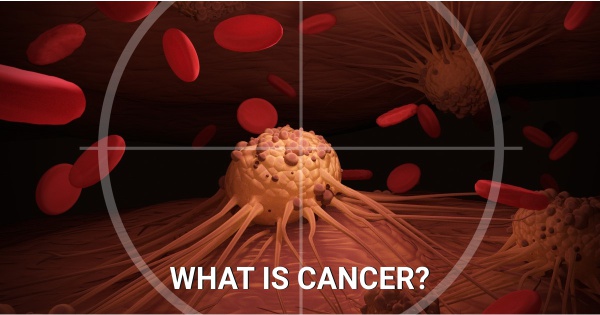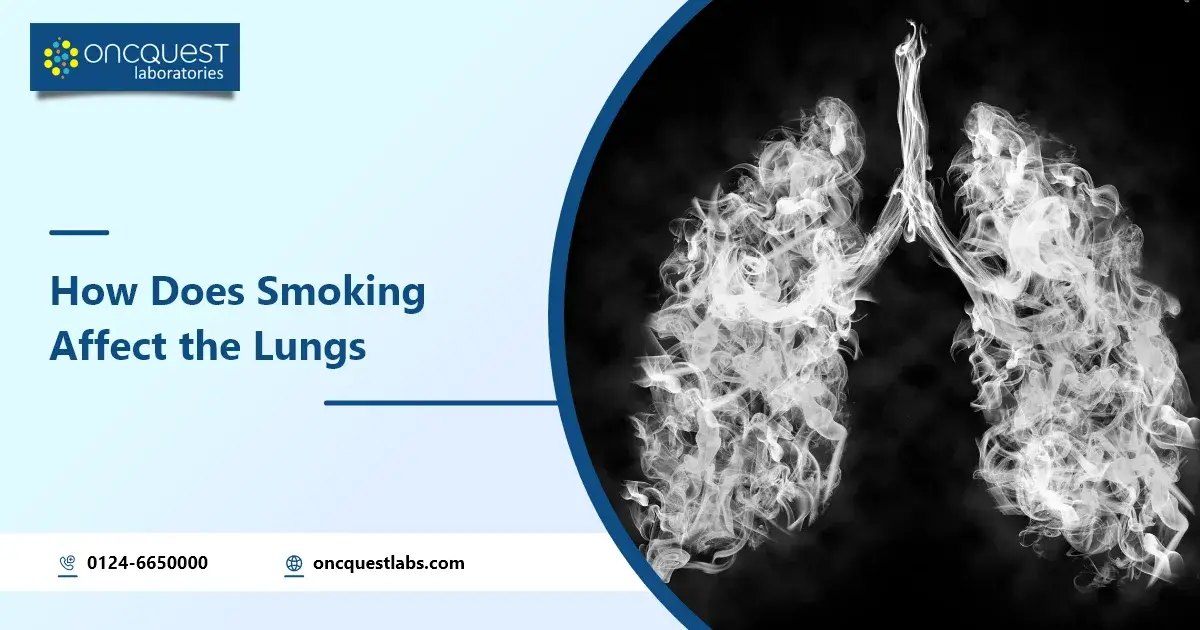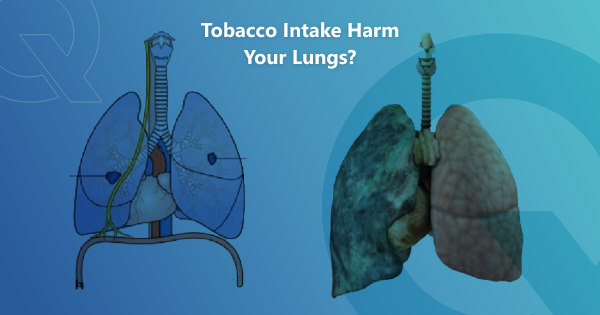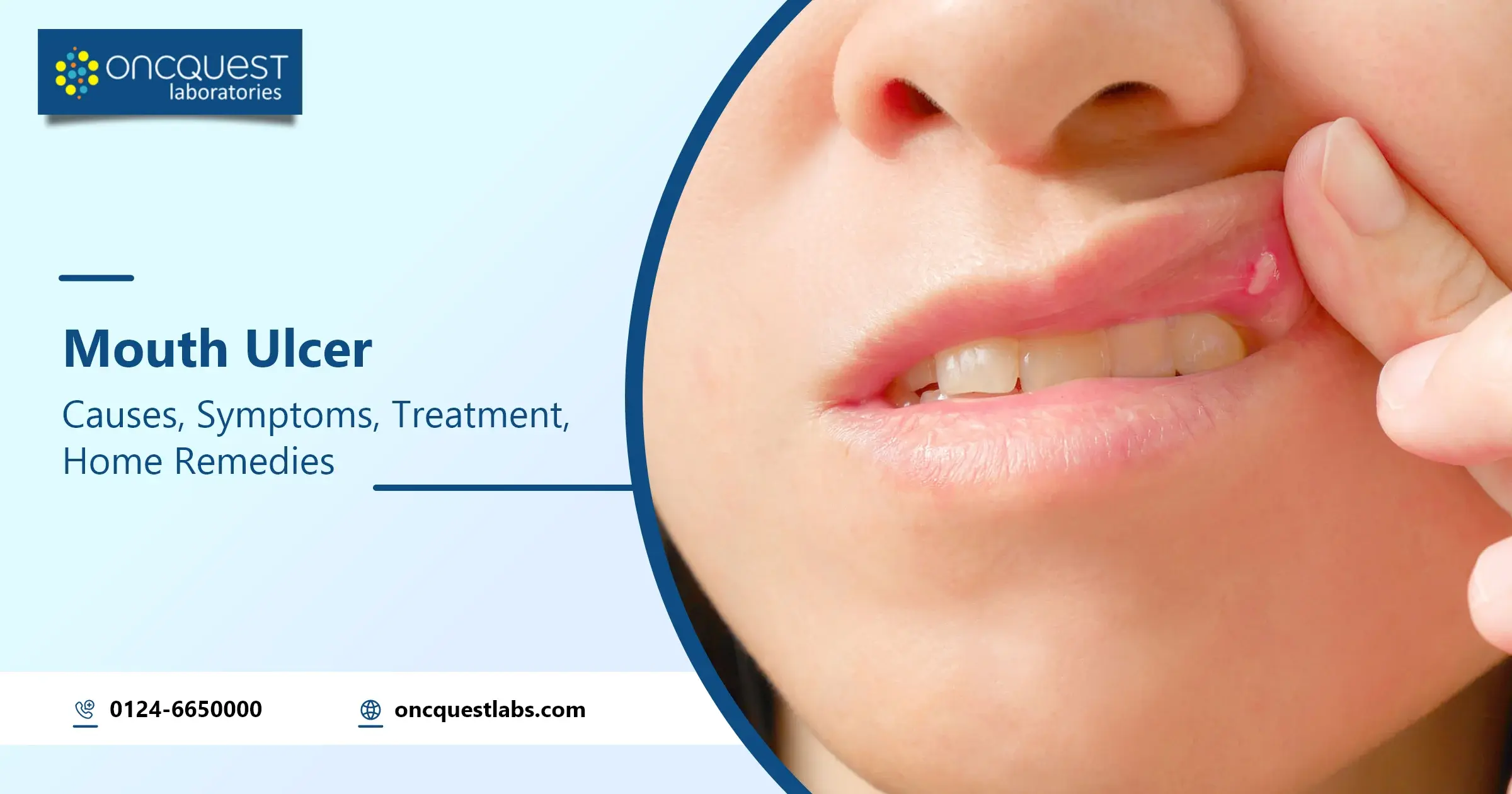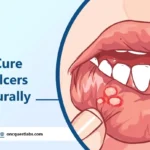Contents
Overview
Cancer is a disease characterized by an abnormal growth in the number of cells in a particular part of the body. These cells infiltrate other parts of the body and destroy your normal body tissues.
Cancer accounted for nearly 10 million deaths worldwide in 2020. This goes on to show the prevalence of this disease worldwide. Cancer is a disease that does not have one single cause. It may occur genetically in some people, while in some it may occur due to bad lifestyle choices ( eg. mouth cancer occurs due to excessive tobacco usage).
The risk of cancer can be reduced by either early detection and treatment or by avoiding bad lifestyle choices.
What Are The Symptoms of Cancer?
Cancer is an uncontrolled growth in the number of cells in one particular part of the body. However, you won’t be able to detect this particular change by yourself. You can detect the early onset of cancer by some visible physical changes.
The following physical symptoms are the most common symptoms of an onset of cancer.
- A small lump under the skin that can be felt by touch (tumour).
- Fatigue
- Unintended weight changes ( gain or loss.)
- Unexpected changes in your bladder or bowel habits.
- Bleeding that cannot be explained.
- Persistent fever, pain, or cough.
What Causes Cancer?
Cancer is a genetic disease. It is caused by a change in the DNA of a person. This DNA change may occur due to many factors. Some of these common factors include:
#1. Gene Mutations Before Birth
These mutations (changes in DNA sequence) happen before birth itself. This means that you inherited a faulty gene from your parents. This type of mutation is responsible for fewer types of cancers.
#2. Gene Mutations After Birth
This involves genetic mutations inside your body that may occur due to smoking, radiation, viruses or chemicals ( carcinogens) etc. This type of cancer is more prevalent.
What Do These Unexpected Mutations Do?
These unexpected mutations cause the rapid growth of mutated cells in the body. A cluster of such mutated cells is called a tumour. They lose their tumour suppressor gene that tells them to stop dividing.
This tumour could be of 2 types.
- Benign Tumour
The cells divide uncontrollably but they do not spread to other parts of the body. They are less dangerous than malignant tumours.
- Malignant Tumour
The malignant tumour cells spread to other parts of the body. This process is called metastasis. These tumours cause cancer which can even lead to a person’s death.
What Are The Risk Factors For Cancer?
A risk factor is anything that increases the chance of a person getting a particular disease. In the case of cancer, there are many risk factors. However, the most common ones are mentioned below.
#1. Environmental Factors
Exposure to continuous chemicals while working is a common cause of cancer. Air pollution and second-hand smoking can also lead to cancer. Overexposure to chemicals like lead in paints can also result in cancer.
#2. Age
This is not an age-related disease. However, it is more severe in patients above 65 years of age. This is mainly because cancer takes time to advance to a dangerous stage.
#3. Habit
Some habits like overeating (obesity), unsafe sex practices, and frequent sunburns can also cause cancer. Smoking and over-drinking are also common causes of cancer.
#4. Family History ( inheritance)
Cancer could be in an inherited form in some people. Genetic cancer can be detected at an early stage in childhood itself.
How Can You Diagnose Cancer?
Cancer does not have a single test that can detect it. For different types of cancers, there are different types of tests. All of them involve thorough lab testing and medical history examination by expert doctors.
However, some effective cancer diagnosis tools include the following.
- Tumour Biopsy
Here, a doctor takes out some tumour tissues from your body and observes them under a microscope to study if it is cancerous.
- Endoscopic Examination
In this process, an endoscope is used to look inside the body cavities to understand the spread of cancerous cells.
- Diagnostic Imaging
Diagnostic imaging tools like CT scan, MRI, PET ( positron emission tomography) and optical imaging are used to diagnose the type and spread of cancer cells in the body.
How Can You Treat Cancer?
Cancer treatment is a very long process and the chances of a cancer recurrence are high. However, there are some promising treatments available due to the advancement in medical science. Some effective treatments available against cancer are mentioned below.
- Surgery
Surgery can remove all or some of your cancerous cells.
- Chemotherapy
Chemotherapy involves the use of very strong drugs to kill the fast-growing cancerous cells in your body.
- Radiation Therapy
This therapy uses ionizing radiation to kill cancer cells and shrink tumours.
- Bone Marrow Transplant
Stem cells (the cells that differentiate to form the different cells of your body) are made in your bone marrow. By replacing your bone marrow with a new one, the faulty cells are being replaced with healthy ones as well.
- Immunotherapy
This treatment boosts your body’s immune response to fight cancerous cells.
How Can You Prevent Cancer?
You can make some lifestyle changes that can help you prevent cancer. We are listing some of the tips that can help you avoid getting cancer.
- Avoid the over usage of tobacco products. It may lead to mouth cancer or lung cancer (in the case of smoking).
- Over drinking is also linked with higher chances of liver cancer. Drink in moderate amounts.
- Avoid excessive sun exposure to limit the risk of skin cancer.
- A healthy diet and regular exercise are linked to a decrease in chances of cancer.
- Speak to your doctor regularly and keep up your regular cancer screening if you fear having an inherited cancer gene.
Disclaimer: This blog is for informational purposes only and should not be constructed as advice or as a substitute for consulting a physician. It is also not a substitute for medical advice or treatment from a healthcare professional.
Sources:

